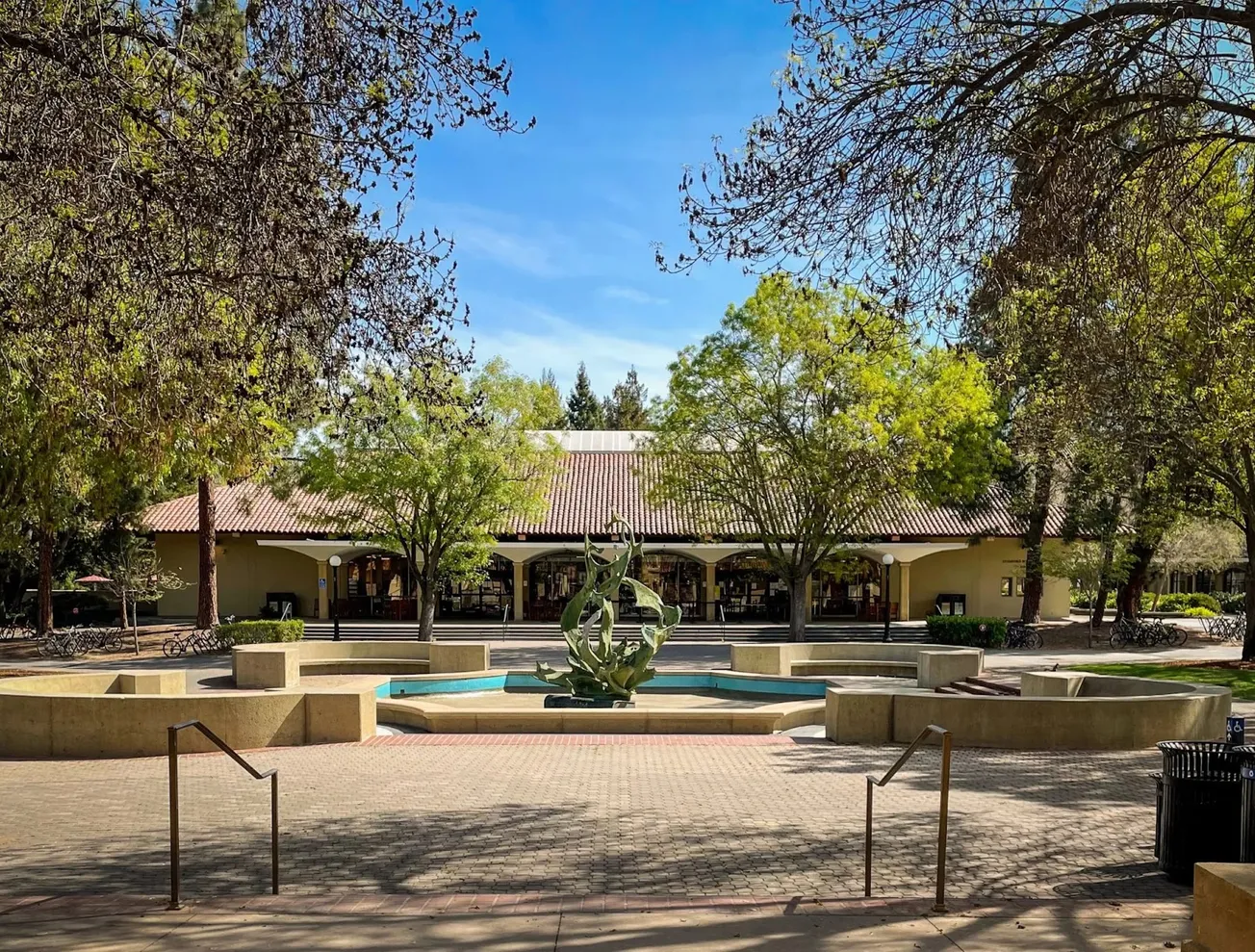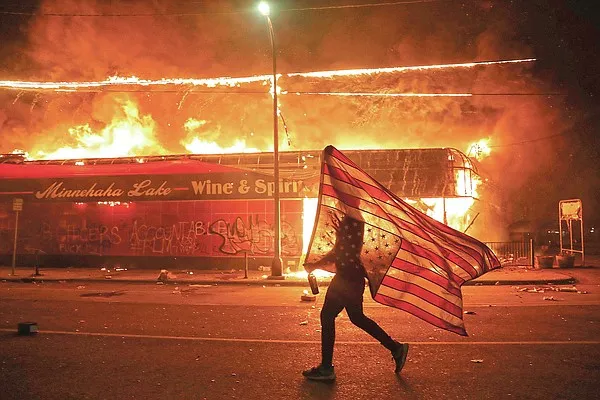Table of Contents
Even just five years ago, people seemed to actually care. When the Stanford College Republicans (SCR) invited Robert Spencer, a self-proclaimed Islamophobe, to speak about radical Islam on campus in 2017, he was met with wide-scale protest by the campus left, to the extent that President Marc Tessier-Levigne addressed the tension in a blog post. SCR was equally dedicated, going through dorms to flyer numerous times to combat their opponents’ efforts to tear the flyers down.
Now, when equally controversial Matt Walsh came to speak this week, it did not even seem to clock on the radar of most students. The reaction was muted at best, and the talk went on without even so much as any people protesting out front. This is illustrative of a larger problem: students at Stanford no longer truly care about anything.
What has changed? What happened to the passion and fervour on the campus right and left? The decline in genuine beliefs can be seen in the drop in student reactions between Spencer’s 2017 speech and Walsh's this past week. But in reality it dates far before this. A confluence of social media activism, where a repost on Instagram replaces a desire to protest, and an increase in pre-professionalism has led elite universities to stop producing people who genuinely have any strong beliefs.
According to a senior member of Stanford College Republicans, during the 2019-2020 school year, the club met every week, consistently with 20 or more attendees. Now, the club only meets once or twice a quarter and will often have under a dozen students show up. This illustrates how the affliction runs much deeper than right or left. In short, views have changed to fit the circumstances of one’s life rather than what one actually cares about.
At a place like Stanford, we need people to care about political issues since many students will go on to have far-reaching careers. Absent our real civic engagement and citizenship, we are going to oversee a sleepwalk into the decline of American democracy—led by apathetic elite college alums.
Stanford has identified this as a problem, but like most administration efforts their proposed ‘solution’ misses the point. Freshmen are taught in College 102 (part of Stanford’s new general education requirement) that everybody should become active citizens to properly participate in our democracy. Yet, it feels like that misses the point. However much we get force-fed readings from Hobbes about democracy, students here will not have their mindsets changed. The structure of learning about this in an academic environment, without any grounding principles, makes it detached from reality. As a result, the campus environment shifts our fledgling views to theoretical academia rather than fundamental premises which we live by.
To free us of the political apathy that poisons discourse, where the extremes get emphasised to the detriment of the centre, students need to focus on reading widely. We need to engage in conversations about our views, and be open with everyone so that we can come to accurate conclusions about what we actually believe. It is sad that in dining halls and dorms debate is more often confined to the same rigmarole of how classes were instead of real political topics or life itself. We need to rejuvenate our own conversation, such that everyone is willing to learn more and share their views. This way people will ideally begin to form their own views, rather than genuinely not caring about anything that happens. If the state of our political activism is complaining to our friend about a change in the law, then that is a damning indictment of our own politics.
Additionally, students need to stop being afraid that our views will come back to hurt us—we must genuinely be able to stake something on those beliefs. This entails a willingness to share our own political views, instead of hiding behind a cloak of uncertainty. I have felt in the past that I would be willing to hide or change my own beliefs if they impacted my career or friendships. We all need to throw off this yoke, as it is based on falsehood, and with it we do not actually stand for anything.
Almost any future is better than the intensifying political apathy affecting our moment. At universities like Stanford, the future leaders of our world are formed. It is a sad reality if those who determine the future do not have any values that guide them. For now, whether you hold right or left-wing views, or even if you believe in any sort of crazy theory, I urge you to refine the view and stand for it. I hope that next time I go into the dining hall, I am not merely met with the chatter of how the CS107 pset is going or on what the move is tonight, but also with a discussion of politics, ideas and society.









